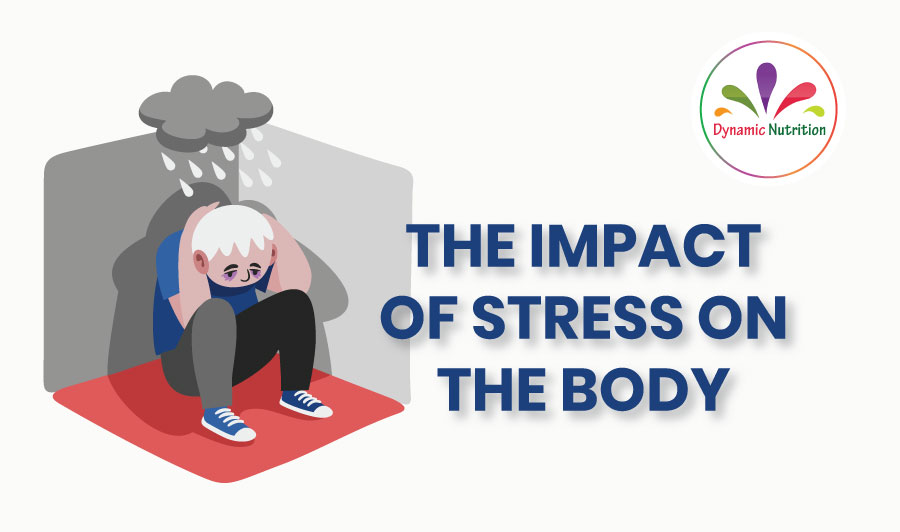 The Short-Term Effects Of Stress
The Short-Term Effects Of Stress
When we experience stress, our bodies release stress hormones such as adrenaline and cortisol. These hormones activate the “fight or flight” response, which prepares the body to deal with a perceived threat. The body diverts blood flow away from non-essential systems, such as the digestive system and reproductive system, and towards the muscles and brain, which need extra energy to respond to the threat.
In the short term, this response can be helpful. It can give us the energy and focus we need to respond to a stressful situation, such as a near-miss on the highway or a deadline at work. However, when stress becomes chronic, the constant activation of the stress response can take a toll on the body.
Understanding Long-Term (Chronic) Effects Of Stress
1. Cardiovascular system
Chronic stress can lead to high blood pressure, which increases the risk of heart disease and stroke. Stress can also lead to an increased heart rate, which can put additional strain on the heart.
2. Digestive system
Chronic stress can lead to a range of digestive problems, including irritable bowel syndrome (IBS), ulcers, and acid reflux. Stress can also affect the way that food moves through the digestive system, leading to constipation or diarrhea.
3. Immune system
Chronic stress can weaken the immune system, making us more susceptible to infections and diseases. Stress can also slow down the healing process, making it take longer to recover from illness or injury.
4. Mental health
Chronic stress can lead to a range of mental health problems, including anxiety and depression. Stress can also make it difficult to concentrate, make decisions, and remember things.
5. Sleep disorder
Chronic stress can disrupt sleep, making it difficult to fall asleep or stay asleep. This can lead to fatigue and daytime sleepiness, which can further exacerbate stress and other health problems.
6. Reproductive system
Chronic stress can affect the reproductive system, leading to menstrual irregularities in women and decreased fertility in men.
Overall, the effects of chronic stress on the body can be significant and long-lasting. It’s important to manage stress through healthy coping mechanisms such as exercise, relaxation techniques, and seeking support from friends and family. If you’re struggling with chronic stress, it’s also important to seek help from a healthcare professional.
Related Topics:
How Ashwagandha Reduces Stress
Natural Nootropics: How To Boost Productivity & Concentration?
10 Things That Affect Our Body If We Don’t Get Enough Sleep
Coronasomnia: How The Pandemic Causes A Surge In Insomnia
Side Effects of Anti-anxiety Drugs
Top 5 Health Benefits of Lemon Balm
Why KSM-66 is the Best Natural Sleep Aid










Facebook Comments